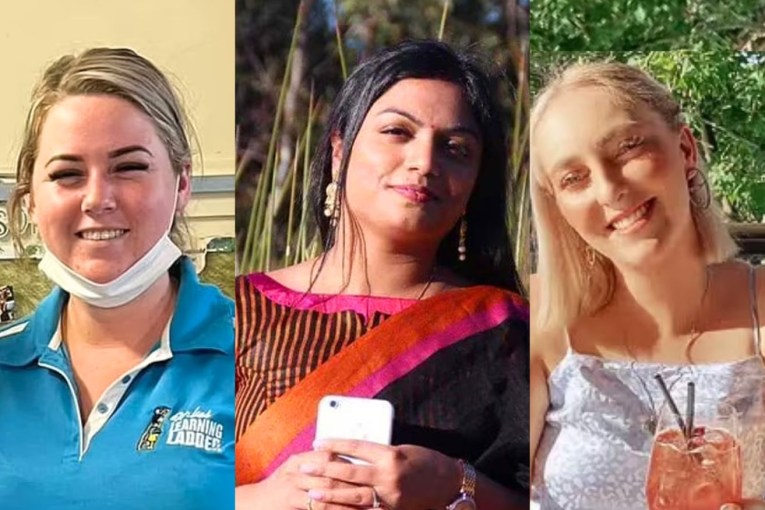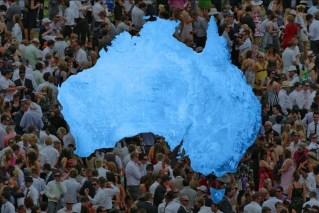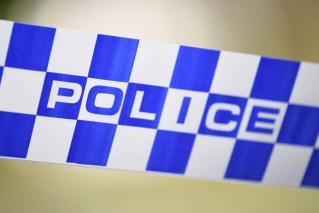The first of Australia’s Tokyo-bound athletes could receive their COVID-19 vaccine as early as next week, after national cabinet agreed to fast-track access for the 2,050-strong team and support crew.
Australian Olympic Committee (AOC) chief executive Matt Carroll described the decision as a “great relief” for the Olympians and their families.
“It’s a weight off their minds, they know with a vaccination they’ll be safer from a health point of view and they’ll now be able to really concentrate on the Games,” he told the ABC.
Sports Minister Richard Colbeck dismissed concerns about Olympic athletes being bumped up the vaccine queue.
Some vulnerable people and frontline workers are furious they are still waiting for vaccine doses while sports men and women roll up their sleeves.
Senator Colbeck said he could not understand their anger or concern, arguing the vaccine rollout stages were always designed to be blurred.
“No, I can’t actually because it was always anticipated there would be some overlap,” he told the ABC on Tuesday.
“It was never going to be that we would finish 1a before we started 1b or we would finish 1b before we started 2a.
“There was always anticipated overlap in the stages. That is largely driven by the availability of vaccine supplies and that remains a consideration.”
“We want to see our athletes head to Tokyo to compete and then return to Australia safely,” Health Minister Greg Hunt said.
Mr Hunt said people over 50 in the Olympic group would be given the AstraZeneca shot, in line with official medical advice. However, it’s likely most of the group will receive the Pfizer vaccine, which is the recommended jab for younger people.
“While vulnerable Australians remain an absolute priority as the vaccine rollout continues, National Cabinet understands the pressure our high-performance athletes have been facing as the Tokyo Games draw closer,” Senator Colbeck said.
He added that “our athletes deserve the opportunity to compete”.
It comes as further questions swirl over the slow pace of vaccinations in aged and disability care, with health department officials admitting only small numbers of staff looking after our most vulnerable have been able to access a jab, weeks behind schedule.
Senator Colbeck’s office said the Olympians would receive their vaccinations under Phase 1b of the rollout.
That phase, as per official government advice last updated on April 22, technically includes household contacts of quarantine and border workers; critical high-risk workers in defence, police, fire, and emergency services; people aged 70 and above; Aboriginal and Torres Strait Islander people aged 50 years and over; and adults with an underlying medical condition or significant disability.
It does not include athletes.
The New Daily has asked Senator Colbeck’s office which category of Phase 1b the athletes have been included under.
Promise to ‘ramp up’ rollout for vulnerable
The Olympic announcement came just before 6pm, coincidentally at the same time officials from the federal Department of Health were appearing before a Senate inquiry into Australia’s COVID response.
Caroline Edwards, associate secretary of the health department, said athletes were eligible for the vaccine as they had been classed as travelling internationally on important national business.
This was the classification that has seen federal leaders like Trade Minister Dan Tehan vaccinated ahead of schedule, before a recent business trip to Europe.
“This has been a matter that’s been under consideration. The question we’ve been asking is the extent to which they fall within the description of ‘Australians deployed overseas on national business’,” Ms Edwards said.
“Obviously if so described, they’d need to be vaccinated in time to go to the July Olympics in Tokyo.”
She said their vaccinations would be delivered by a “private contractor”, not by Commonwealth staff.

Health Department associate secretary Caroline Edwards. Photo: AAP
“They would have to engage their own contractor,” Health Department Secretary Brendan Murphy said.
In the same hearing, officials could only confirm 37,000 aged care staff had been vaccinated so far, as part of in-reach programs in residential care homes, where staff may have been given some doses ‘leftover’ after residents were jabbed.
But Ms Edwards said the number was likely far higher, as the federal department did not have oversight of staff who may have been vaccinated at GPs.
She said the department was “still working with the sector” to improve reporting and record-keeping in that respect.
Ms Edwards also said the department would begin to “ramp up” vaccinations in aged and disability care this week.
The federal department will begin opening up to 13 “pop up clinics”, with the first in Blacktown in NSW, to focus on aged and disability care workers, with hopes of giving 500 vaccinations a week.
Last week, in another hearing, the department admitted barely 6 per cent of disability care residents had received even their first shot of the two-dose vaccines – despite saying they were among the “highest risk population”.
The federal government originally planned to give all 678,000 high-risk workers and care residents in Phase 1a of the vaccine rollout their vaccinations within six weeks of the program starting. The program has now been running for nine weeks, with no end in sight.
Tweet from @healthgovau
Australia is likely to tick over two million vaccinations on Wednesday, with 1.96 million administered as of Tuesday morning.
-with agencies









